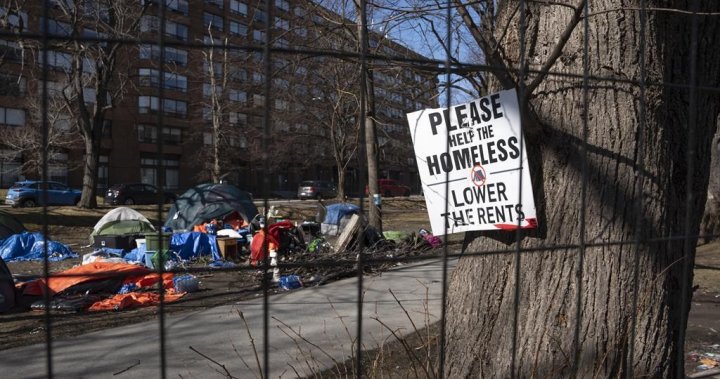Since the Progressive Conservatives won a dominant electoral majority in Nova Scotia in 2021, there has been a shift in focus towards addressing the affordability crisis in addition to the ongoing challenges within the health care system. With over 145,114 people waiting for a family doctor, the cost of living has become a top priority for voters, surpassing health care as the most pressing issue. Political scientists Jeffrey MacLeod and Robert Huish emphasize the importance of addressing the affordability crisis if parties want to maintain or expand their support ahead of the upcoming election.
Tim Houston and the Progressive Conservatives maintain a lead in the polls, with the NDP and Liberals trailing behind. However, the opposition parties have the opportunity to capitalize on the government’s perceived shortcomings in addressing income inequality and the housing crisis. If they can effectively demonstrate that the Houston government has contributed to these issues, it may sway voters away from the Tories and impact the election outcome. The Affordable Housing Association of Nova Scotia reports a significant rise in homelessness and a growing wait-list for public housing, highlighting the urgency of addressing affordability in the province.
The high cost of living in Nova Scotia, with rents comparable to Toronto and Montreal, has left many residents in precarious situations. A living wage in Halifax has risen to $28.30 per hour, while the minimum wage remains at $15.20 per hour. The shortage of affordable housing and a low rental vacancy rate of about one per cent further exacerbate the affordability crisis. The opposition parties are proposing various solutions, such as rent banks, rent control systems, and increased support for public housing to address these challenges.
The Progressive Conservative government’s plan to double the province’s population by 2060 has raised concerns about the strain on housing, infrastructure, and health care services. The Liberal Party criticizes the government’s immigration policies, which have exceeded department limits and, according to Churchill, hindered the ability to provide adequate services. Both the Liberals and NDP have outlined their own affordability and housing-related promises, including tax cuts, rent control measures, and increased support for low-income residents to address the cost of living.
The NDP, led by Claudia Chender, is focusing on implementing rent control systems, banning fixed-term rent leases, and expanding public housing stock through prefabricated homes. The Progressive Conservatives have been criticized for relying heavily on the private sector to address the housing crisis, resulting in the creation of units that are unaffordable for many residents. While the Tory platform includes promises to cap electricity rate increases and raise the minimum wage to $16.50 per hour, critics emphasize the need for measures that directly address poverty and housing affordability to make a significant impact on residents’ lives.
As the election approaches, addressing the affordability crisis in Nova Scotia remains a key issue for voters. While the Progressive Conservatives hold a lead in the polls, opposition parties are vying for support by proposing solutions to alleviate the strain of high living costs on residents. With housing and income inequality at the forefront of the political agenda, the outcome of the election may hinge on the parties’ ability to address these pressing concerns and provide tangible solutions for the people of Nova Scotia.













